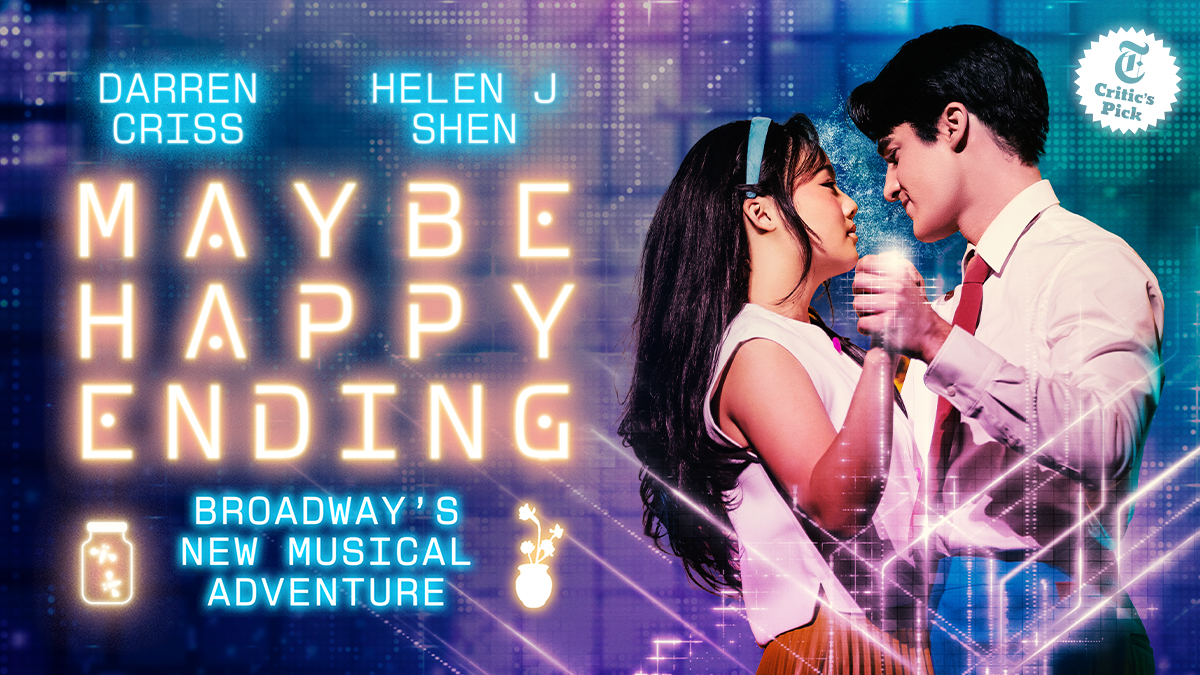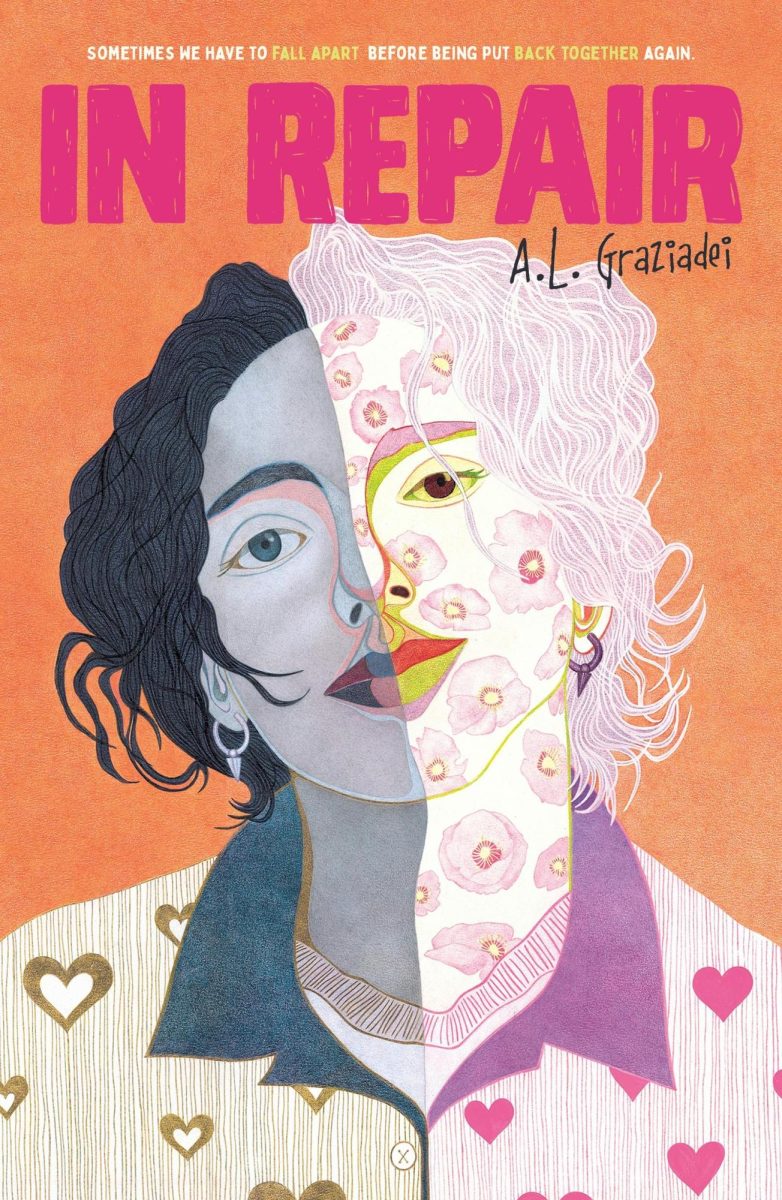By Caroline Hong
If you really want to hear about it, the first thing you’ll probably want to know is happy families are all alike, even when the clocks are striking thirteen and someone is buying the flowers herself.
If you read more classics, you would know that the previous line was all one big, literary reference. In today’s time of Kindle Fire and whatnot, the presence of the past is slowly wasting away. There is talk of new-fangled technology overtaking books (I’m not too worried about it), but the more gripping problem is the slow deterioration of classics reading. Sure, every book we study in English is arguably a classic in its own right, but how many other books of similar kind are kids our age regularly picking up? We seem to gravitate towards books like The Fault in Our Stars and The Hunger Games. While the testament of those works’ awesomeness could be the fact that they are flying off of shelves as you read this (do not attack me, please, John Green fans; I recognize and understand his popularity and success, okay?), there are so many other titles that have retained their ability to fly for decades and centuries. I’m here to tell you that these timeless books deserve more of a chance on the everyday teenager’s shelf.
You aren’t taking my word for it? Well, let’s see what I can do. As sass-master Oscar Wilde said, “The only thing to do with good advice is to pass it on. It is never of any use to oneself.”
So here’s my advice: “DIGG classics reading.” Colloquial, I know. Let me explain.
D stands for different genres. People may be “turned off” by the literature section at Barnes and Noble because they think every single book on those shelves is dry. Let me tell you, those SAT reading comps are dry except when the reading comp is a classic. Believe it or not, classics actually cover an incredible variety: clever romances, shrewd mysteries, and conniving tales. The good thing is that none of them are hackneyed clichés because they are probably the basis for some of those overdone books cropping up now. (Excuse me while I join the picketing against Stephanie Meyer’s Twilight series. All I can say is that Bram Stoker wrote about vampires back when it was fresh. And he did the whole shebang in letters. The vocabulary word for the day is “epistolary.” An epistle being a letter. Go and impress your teacher now. You’re welcome.)
I stands for indescribable awesomeness and impressive picks. If there is no voice in your head yelling at you to pick up a classic, maybe you’ll start grabbing stuff off the shelves if I let on the fact that carrying one of those classics is very impressive (at least to me). Trying toting around something like Tolstoy’s War and Peace. Hefty, but you’ll get some looks, I tell you. Just soak it all up.
G stands for gratification. Some of these classics will take a while to read, especially if you want to fully appreciate the works’ true greatness—and that’s perfectly fine! Some classics seem to be especially long (don’t ask me why), but when you are done, there is such immense satisfaction in finishing and (hopefully) enjoying a book that you have trouble holding open in one hand. Believe me; I’ve tried my hand at books that take up more space in my backpack than my binders do. But clutching a considerable number of pages in your left hand while voraciously eating up the next hundred pages quickly leaving your right hand…What a rush. And you finish with an amazing new story in your head.
The last G is good recommendations. Classics have basically received time-tested rave reviews. Do you think Shakespeare is still considered one of the greatest writers ever just because all our English teachers seem to appreciate him? (Okay, that might be possible because we should never underestimate the might of the English teacher, who’s probably been hefting heavy tomes for the entirety of life, but still.) These books have gotten the nod so many times that they’re still being printed, decades and centuries after the authors last thought, “Hey, I should maybe write some of this stuff down.” Maybe you don’t always agree with every general review out there, but that’s okay. I promise there is at least one classic for your taste.
By now, if you haven’t changed your opinion, you must’ve been convinced of classics reading in the first place. But really, I hope you go home now to your columns of books and rethink what you’ll be picking up next. Who knows? Maybe you’ll fall in love with Mr. Darcy or become the next Bard. You’ll never know unless you try.
Categories:
DIGG Reading: Book Your To-Read List With Classics
December 3, 2014
0
Tags:







